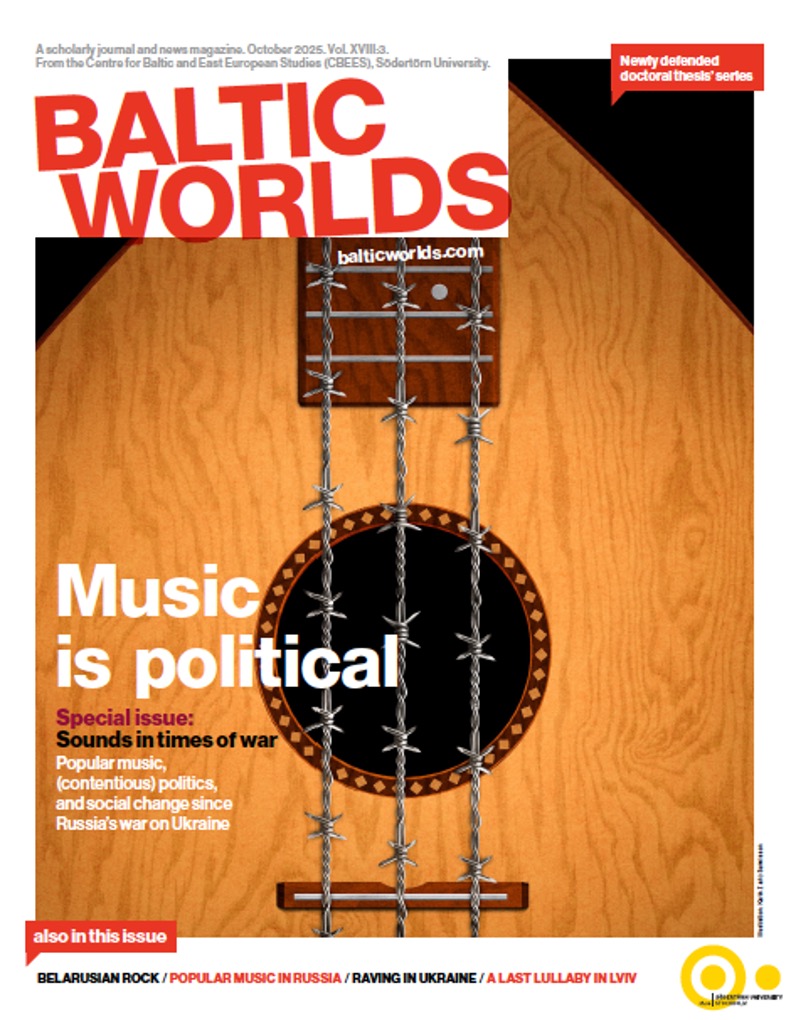Female terrorists: political or just mad? Conservative narratives in the historiography of early 20th century female terrorism in Russia
This article discusses the main narratives employed by conservatives at the beginning of the 20th century to explain the political violence committed by women, and it shows how these narratives have been employed in the scholarly analysis of the topic. The article provides an answer to the question why progovernmental conservative views on the female terrorists and terrorism in prerevolutionary Russia have never been influential in the historiography.

 Issue 2025, 3:
Issue 2025, 3: